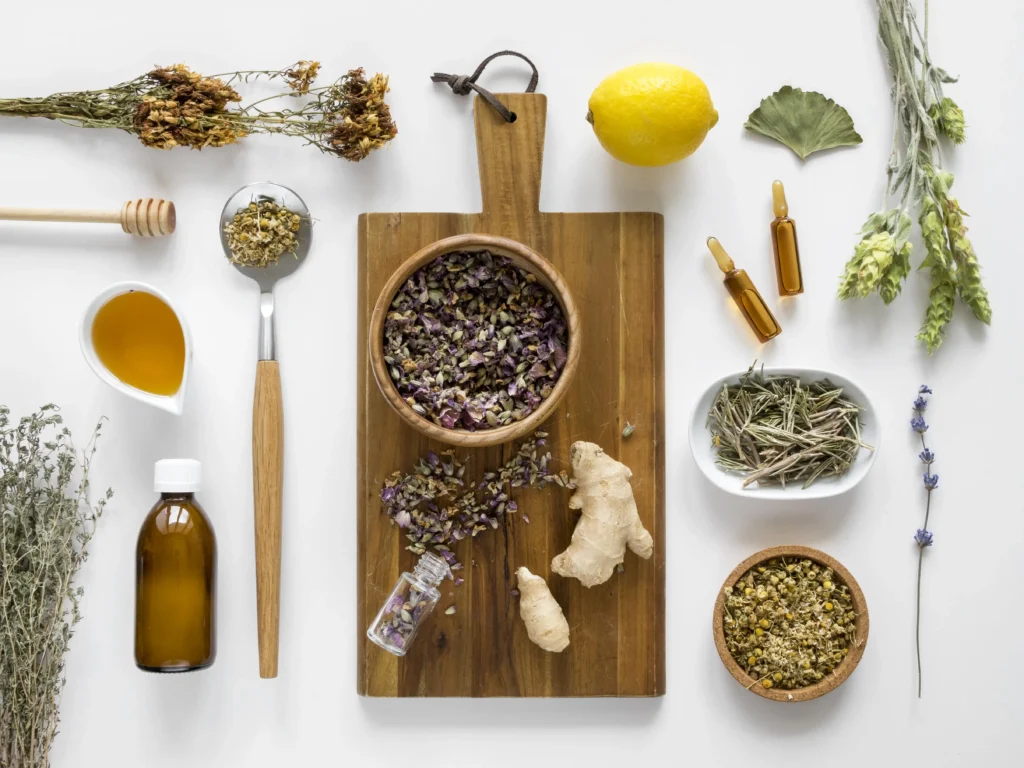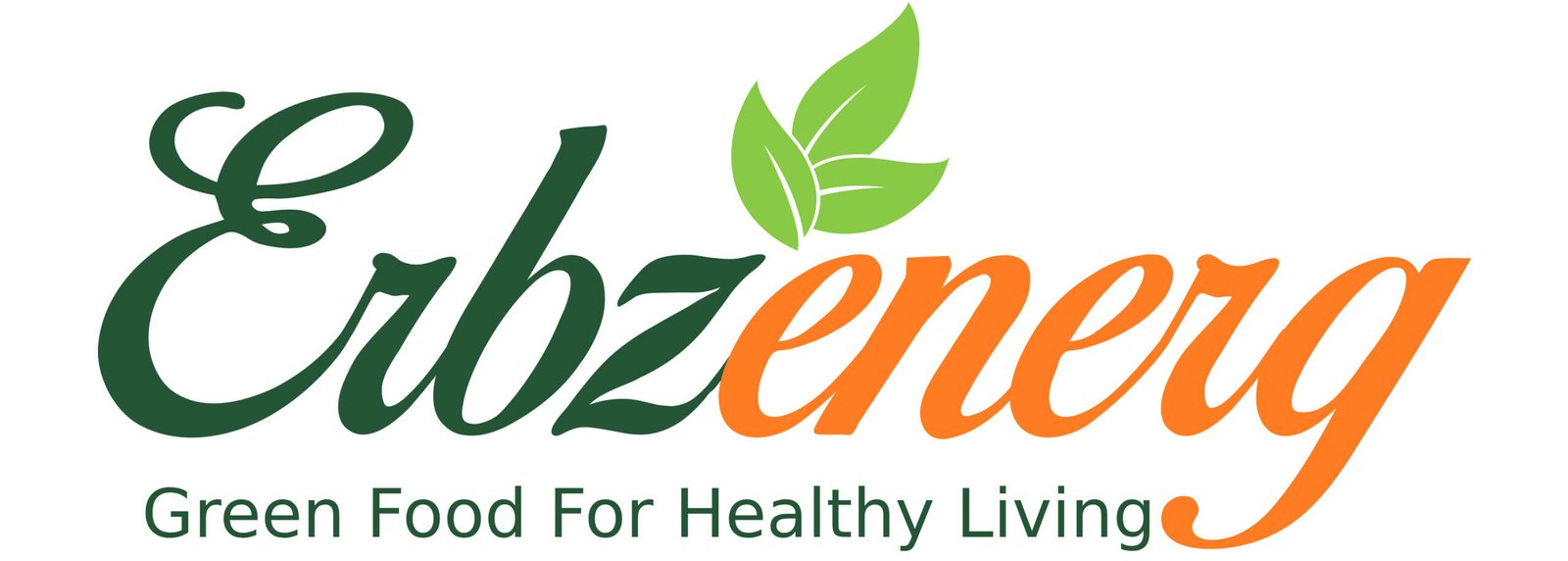Introduction
Herbal healthcare products have been trusted for centuries, yet many people are still unsure about their true benefits. From ancient Ayurvedic remedies to modern herbal supplements, herbs play a vital role in maintaining health naturally. However, misinformation often leads to confusion. In this blog, we’ll break down the most common myths and facts about herbal healthcare products so you can make informed decisions when choosing the best herbal healthcare product in India for your wellness journey.

Myth 1: Herbal Healthcare Products Work Instantly
Fact: Herbal remedies are not magic pills. Unlike synthetic drugs, they work gradually by supporting the body’s natural healing process. Consistency and patience are key to experiencing long-term benefits.
Myth 2: Herbal Healthcare Products Have No Side Effects
Fact: Just because something is natural doesn’t mean it’s always safe. Some herbs can interact with medications or cause allergic reactions. Always consult a healthcare professional before starting a new supplement.
Myth 3: All Herbal Healthcare Products Are the Same
Fact: Quality varies greatly depending on sourcing, processing, and brand standards. Choosing trusted names like Erbzenerg ensures you get pure, tested, and effective formulations compared to generic or low-quality alternatives.
Myth 4: Herbal Supplements Are Not Backed by Science
Fact: Modern science has studied many herbs such as Ashwagandha, Turmeric, and Giloy for their adaptogenic, anti-inflammatory, and immunity-boosting properties. Reliable studies from NCBI confirm their health benefits.
Myth 5: Herbal Products Are Only for Older People
Fact: Herbal supplements support wellness for all age groups. For example, Brahmi helps students improve memory, Ashwagandha reduces stress for working professionals, and Neem supports skin health for young adults.
Myth 6: Herbal Healthcare Products Are Just Traditional Beliefs
Fact: While herbal healthcare is rooted in Ayurveda and traditional medicine, many modern supplements are produced under strict scientific guidelines. Advanced extraction and testing methods ensure safety and efficacy.
Myth 7: Herbal Products Are Always Slow to Work
Fact: Some herbs provide quick relief. For example, Chamomile tea can calm anxiety in minutes, and Peppermint can ease digestion quickly.
Myth 8: Herbal Remedies Can Replace All Modern Medicine
Fact: Herbal healthcare is complementary, not a complete replacement. While herbs can manage stress, boost immunity, and improve energy, life-threatening conditions often require modern medical intervention. A balanced approach is best.
Myth 9: The More Herbs You Take, the Better
Fact: Overconsumption can be harmful. Some herbs in excess may cause liver damage or interact with drugs. Always stick to recommended dosages and seek professional guidance before combining multiple supplements.
Myth 10: Herbal Healthcare Is Not Regulated in India
Fact: India has strong regulatory bodies like the Ministry of AYUSH that oversee herbal healthcare standards. Trusted companies like Erbzenerg, Kerala Ayurveda, and Patanjali follow these guidelines to ensure safety and effectiveness.
Why Choosing the Right Herbal Healthcare Product Matters
Selecting the best herbal healthcare product in India means looking for brands that prioritize purity, authenticity, and effectiveness. With Erbzenerg, you can be confident in using herbal solutions crafted with care, combining ancient wisdom with modern quality standards.
Final Thoughts
Understanding the truth behind herbal healthcare myths empowers you to use herbal supplements more effectively. By separating myths from facts, you can safely embrace nature’s power and choose the right herbal healthcare product for a healthier lifestyle.
